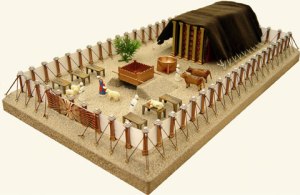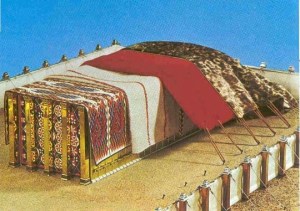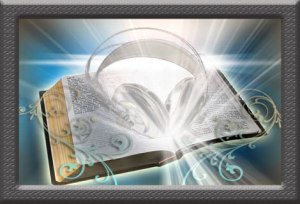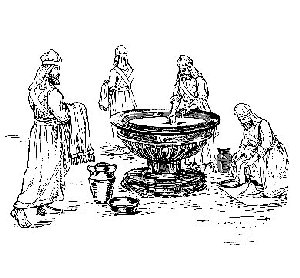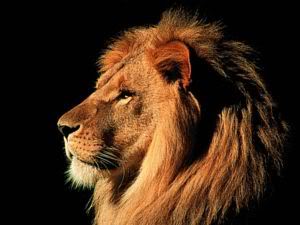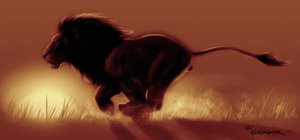And Jesus called a little child unto him, and set him in the midst of them, And said, Verily I say unto you, Except ye be converted, and become as little children, ye shall not enter into the kingdom of heaven. Whosoever therefore shall humble himself as this little child, the same is greatest in the kingdom of heaven. Matthew 18:2,3
What does it mean to be converted?
- To change from one state to another
- Conversion comes when you change in the way you think, speak and behave
In order to be converted you have to know the characteristics of a little child. Here are just a few.
A little child...
- Loves unconditionally. He is not prejudiced. He loves just because
- Receives true love readily without suspicion
- Is innocent and defenseless
- Forgives readily and doesn’t hold grudges
- Is excited about life and has uninhibited joy
- Lives in the now. He is not concerned about what happened in the past, or what might happen in the future
- Finds his identity in his parent
- Has a pure heart with no ulterior motives
- Prays and worships from a pure heart
- Believes in the impossible

Jesus never asks us to do something that He Himself wouldn’t do.
He had the heart of a little child.
Notice that Jesus was talking to the disciples who were already saved. They believed that He was the Messiah. Yet He told them that they had to be converted. It is possible to be saved, yet not converted. That is why Jesus told Peter, Simon, Simon, behold, Satan hath desired to have you, that he may sift you as wheat: But I have prayed for thee, that thy faith fail not: and when thou art converted, strengthen thy brethren. Luke 22:31,32
Heaven is filled with saints who have the heart of a child. The Father hears our heart and not just our words.
 By faith Abel offered unto God a more excellent sacrifice than Cain, by which he obtained witness that he was righteous, God testifying of his gifts: and by it he being dead yet speaketh. Hebrews 11:4
By faith Abel offered unto God a more excellent sacrifice than Cain, by which he obtained witness that he was righteous, God testifying of his gifts: and by it he being dead yet speaketh. Hebrews 11:4
- God heard and saw in Abel’s heart: “Daddy! Look what I brought for You!”
- How do you bring your offerings to the Father?
By faith Enoch was translated that he should not see death; and was not found, because God had translated him: for before his translation he had this testimony, that he pleased God. Hebrews 11:5
- God heard and saw in Enoch’s heart: “Daddy, what You doing? Daddy, I wanna come with You. I love you Daddy.”
By faith Noah, being warned of God of things not seen as yet, moved with fear, prepared an ark to the saving of his house; by the which he condemned the world, and became heir of the righteousness which is by faith. Hebrews 11:7
- God heard Noah’s heart: “My Daddy said it’s going to rain, so I’m going to build this ark even though people mock me. I trust my Daddy.”

By faith Abraham, when he was called to go out into a place which he should after receive for an inheritance, obeyed; and he went out, not knowing whither he went. Hebrews 11:8
- God heard Abraham’s heart: “My Daddy’s taking me on a big adventure! We’re moving to a new place. He told me all about it and it sounds exciting!”
What can stop you from having the heart of a child?
Simply put…your own reasoning. Thinking too much, rationalizing and having your own agenda are all hindrances to having the true heart of a child.
The reality is…
- The more mature you become as a Christian, the more of a child’s heart you have to exhibit.
- Someone with the heart of a child may seem insignificant in the natural. But God uses the foolish things of the world to confound the wise.
- Those who have the heart of a child are the most powerful in the Kingdom, and the most feared by the enemy
- The heart of a child is pure. It is the pure in heart who will see God.




